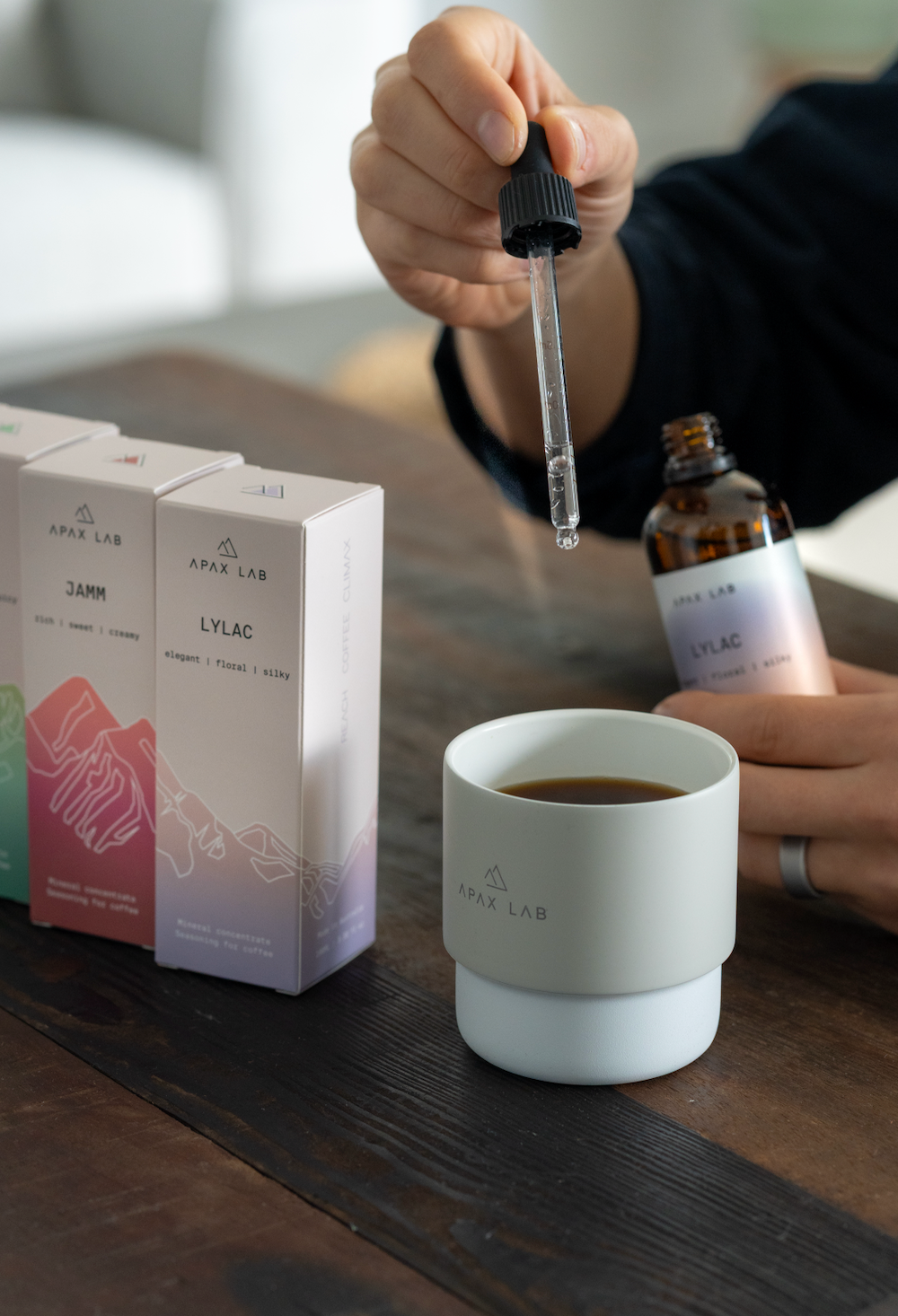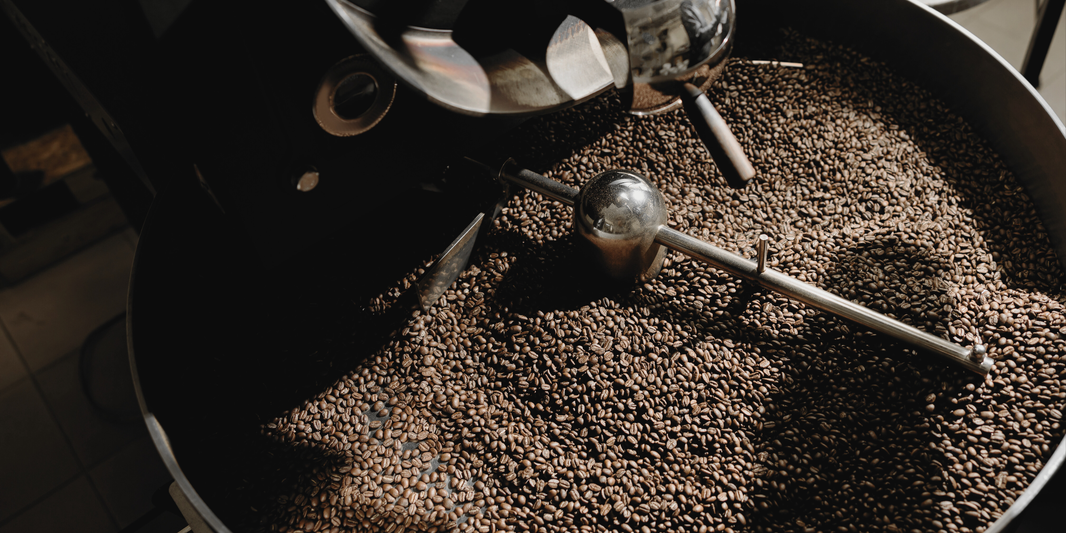Brewing the perfect cup of coffee involves understanding the quality and characteristics of your water, as well as selecting the right coffee beans and brewing method.
Since water constitutes the majority of your coffee, its composition directly influences the taste profile. To help you understand the complexities of water and enhance your coffee brewing experience, we've put together a handy glossary of important water-related terms. This topic may initially seem challenging, but our glossary will make it easier to grasp.
1. PPM (Parts Per Million)
A unit of measurement to describe the concentration of minerals and impurities in water. For example, 1 PPM means one part impurity per million parts water. Ideal brewing water for coffee generally has around 50-150 PPM of minerals.
2. Water Hardness
An indicator of the concentration of calcium and magnesium ions in water. Measured in milligrams per litre (mg/L) or PPM.
3. Alkalinity
A measure of water's ability to neutralise acids, mainly influenced by bicarbonates. It affects the buffering capacity of water and the stability of pH during brewing.
4. Water pH
A scale that measures how acidic or basic the water is, ranging from 0 to 14. Neutral pH is 7. For coffee, a slightly acidic pH (around 6.5-7) is often preferred, as it complements the coffee’s natural flavours.
5. Soft Water (0-60ppm)
Water with low mineral content, particularly low in calcium and magnesium. Soft water can result in a more acidic coffee flavour, sometimes perceived as lacking body.
6. Hard Water (120+ ppm)
Water with high mineral content. Using hard water can lead to a coffee that tastes fuller, flatter, drier, and more bitter.
7. TDS (Total Dissolved Solids)
This refers to the total concentration of dissolved substances in water, including minerals, salts, and organic matter. TDS is measured in PPM and indicates the overall purity and mineral concentration of the water.
8. Reverse Osmosis
A water purification process that removes impurities by forcing water through a semi-permeable membrane. This produces very pure water with very low TDS. Often, some minerals are reintroduced to match ideal coffee brewing conditions.
Understanding the basic water lexicon for coffee is essential for brewing a perfect cup. The composition of your water, from its mineral content to its pH level, plays a significant role in shaping the taste profile of your coffee. By familiarising yourself with terms like PPM, water hardness, alkalinity, and TDS, you can make informed choices that enhance your brewing experience. Remember, great coffee starts with great water, so take the time to optimise this vital ingredient and enjoy the best flavours your coffee has to offer.






